How Black Seed Oil Can Be Your Antidote to Mycotoxins
Mycotoxins are toxic compounds produced by certain types of fungi that can be found in foods such as grains, nuts, and spices (1). These toxins are a growing concern for our health as they can cause a range of health issues such as liver and kidney damage, cancer, and even death. Fortunately, black seed oil is an all-natural, ancient remedy that is known for its various health benefits, including its effectiveness in combating mycotoxins (2, 3). Read on to learn how black seed oil can act as an antidote to these dangerous toxins. (1-4)
Blog Contents
What Are Mycotoxins and How Do We Get Exposed to Them?
Mycotoxins are toxic compounds produced by certain types of fungi that grow on crops such as grains, nuts, and spices. These toxins can cause a variety of health problems in humans and animals, ranging from acute symptoms such as vomiting and diarrhea to chronic issues like cancer and neurological damage. (1-4)
In terms of cooking stability, mycotoxins can be resistant to high temperatures, which means that cooking may not always eliminate them. Some mycotoxins may break down with heat, but others can remain in food even after cooking. It's important to take measures to prevent mycotoxin contamination in the first place, such as storing food properly, avoiding damaged or moldy foods, and maintaining good hygiene practices during food preparation. (1,5)
Black Seed Oil: What is it and How Does it Work?
Black seed oil, also known as Nigella sativa or black cumin oil, has been used for centuries in traditional medicine to treat various ailments such as immune system disorders, respiratory problems, and other illnesses. The oil is extracted from black seeds, which are rich in antioxidants and anti-inflammatory compounds that help in fighting off harmful agents in the body. When it comes to mycotoxins, black seed oil works by binding to the toxins and stabilizing the cell membrane, preventing them from entering cells and causing damage. (6)
The Science Behind Black Seed Oil and Mycotoxins
Scientific studies have shown that black seed oil has a strong ability to detoxify the body from mycotoxins. A study published in International Journal of Health Science found that black seed oil can reduce the toxicity of aflatoxin B1, one of the most toxic mycotoxins commonly found in food. The study also found that the oil can protect liver cells from damage caused by mycotoxins (7). Another study published in Iranian Journal of Basic Medical Sciences showed that the oil can inhibit the growth of several types of fungi that produce mycotoxins. (8)
What is the Difference Between Detox Support and an Antidote?
A detox supporter is a substance or treatment that helps the body eliminate toxins or harmful substances. This can include things like drinking plenty of water, consuming foods that support liver function, or using supplements to aid in detoxification.
An antidote, on the other hand, is a substance that counteracts the effects of a poison or toxin that has already entered the body. Antidotes work by either blocking the toxic effects of the substance or by helping the body eliminate it more quickly.
So while both detox supporters and antidotes can be used to mitigate the negative effects of toxins, they differ in their approach. A detox supporter works to prevent toxin buildup and minimize its effects over time, while an antidote is used after exposure to a toxin to mitigate its immediate effects. (9)
Studies Finding Black Seed as an Antidote
Aflatoxin B1 is a harmful toxin produced by a fungus called Aspergillus. Tests on mice have shown that thymoquinone can help protect against liver damage caused by Aflatoxin B1. The tests showed that thymoquinone reduced inflammation and prevented the breakdown of liver tissue. It also reduced the number of inflammatory cells and improved the appearance of liver cells (10). Another study found that diets contaminated with Aflatoxin B1 caused changes in the blood and organs of rats, but that black seed oil and clove oil helped to restore these changes. (7, 9, 10)
Verrucarin J is a harmful toxin produced by certain types of fungi, and it can contaminate the food that we eat. When male rats were exposed to verrucarin J, they showed an increase in certain substances in their blood and liver tissue that can indicate damage (9). When the rats were given black seed oil after their exposure, these effects were largely reduced. The black seed oil also improved levels of glucose and zinc in the blood, which had been reduced by the toxin. Additionally, the oil helped to improve levels of health markers in liver tissue, those markers are important for both detox and healthy liver maintenance. (7, 9, 11)
Scientifically Studied Benefits of Black Seed Oil
- Black seed oil has anti-inflammatory effects, which can reduce inflammation in the body (12)
- The oil has antioxidant properties that protect cells from oxidative damage and combat free radicals (13)
- Black seed oil may enhance immune function and support against infections
- It possesses antimicrobial properties and may help combat bacterial, fungal, and viral infections (14)
- Black seed oil traditionally supports respiratory health and may assist in managing conditions like asthma (16)
- It may regulate blood sugar levels by improving insulin sensitivity in individuals with diabetes (17)
- Black seed oil has positive effects on cardiovascular health, reducing blood pressure and improving lipid profiles and overall heart health (18)
- It promotes skin health by reducing symptoms of acne, eczema, and psoriasis
- It supports digestive health, relieves indigestion symptoms, and promotes gut health (19)
- Black seed oil may aid in weight management by reducing body weight, BMI and waist circumference (20)
- The oil has protective effects on the liver, potentially reducing liver damage and improving function markers (9)
- Black seed oil may have anticancer effects by inhibiting the growth of cancer cells and promoting apoptosis in certain types of cancer (21)
Other Benefits of Black Seed Oil
Apart from its detoxifying effects, black seed oil also has various other health benefits. The oil contains thymoquinone, a compound that has been found to have anti-cancer properties. Research has also shown that black seed oil can reduce inflammation, lower cholesterol levels, and improve heart health. In addition, the oil is a natural remedy for respiratory problems such as asthma, cough, and bronchitis. (6)
Can Black Seed Oil function as a universal antidote?
Astonishingly, studies indicate that Black seed oil may also have incredible anti-toxin abilities against bacterial toxins.
Lipopolysaccharide (LPS) is a component of the outer membrane of certain types of bacteria, such as Gram-negative bacteria. LPS can cause inflammation in mammals and is known to be a potent endotoxin that can trigger the immune system's response to bacterial infection. It is also referred to as endotoxin because it is a toxin that is released when the bacteria die and their cell walls break down. (9)
LPS can cause sickness due to fast bacterial die-off. When bacteria die rapidly, they release large amounts of LPS into the body. This can cause an immune response and lead to symptoms such as fever, chills, fatigue, and muscle aches. In some cases, this response can be severe and lead to sepsis, which is a life-threatening condition. The severity of the response depends on the amount of LPS that enters the body and the individual's immune system. In some cases, antibiotics used to treat bacterial infections can cause a rapid die-off of bacteria in the body, leading to an increase in LPS and subsequent symptoms.
In rats exposed to LPS, black seed oil has been found to have antioxidant and cell-protective effects. It was able to restore healthy liver enzyme numbers and bring down markers of liver damage/ inflammation. (21)
How to Use Black Seed Oil to Detoxify Your Body
There are various ways to use black seed oil to detoxify your body from mycotoxins. One way is to take the oil orally as a dietary supplement. You can take 1-2 teaspoons of black seed oil daily to get its health benefits. Another way is to apply the oil topically on the skin or inhale it through steam to clear the respiratory system. To get the most out of black seed oil, it is important to use high-quality, cold-pressed oil that is free of additives and preservatives.
Toxins That Black Seed Oil Acts As An Antidote For
Here are some types of toxins and their potential anti-dote effects of black seed oil:
-
Lipopolysaccharides: Black seed oil has antioxidant and antiapoptotic effects, which can protect against liver damage caused by LPS
-
Carbon tetrachloride: Black seed oil has been shown to have hepatoprotective effects against liver damage caused by carbon tetrachloride
-
Lead: Black seed oil can potentially reduce the harmful effects of lead on the liver and kidneys by reducing lipid peroxidation and increasing the levels of antioxidants in these organs
-
Cadmium: Black seed oil has been found to have protective effects against liver damage caused by cadmium exposure
-
Arsenic: The potential anti-dote effects of black seed oil on arsenic are related to its antioxidant and anti-inflammatory properties, which can help reduce oxidative stress and inflammation caused by arsenic exposure
-
Acetaminophen: Black seed oil may protect against liver damage caused by acetaminophen by reducing oxidative stress and enhancing liver function
-
Benzene: Black seed oil can potentially protect against benzene-induced oxidative stress and liver damage by increasing endogenous antioxidant enzymes
-
Ethanol: Black seed oil has been shown to have hepatoprotective effects against ethanol-induced liver damage by reducing oxidative stress
-
Formaldehyde: Black seed oil has been found to have protective effects on the liver against formaldehyde-induced toxicity by reducing oxidative stress and inflammation
- Mercury: Black seed oil has shown potential as an anti-dote for mercury poisoning by reducing oxidative stress and enhancing the activity of antioxidant enzymes in the liver (9)
Conclusion
Black seed oil is a natural remedy that can help combat the harmful effects of mycotoxins in the body. By using black seed oil, you can protect your liver and kidneys, support your immune system, and improve your overall health. While there are some precautions to keep in mind, the potential health benefits of black seed oil make it a worthwhile addition to your daily routine. If you are looking for a safe, natural way to detoxify your body and protect yourself from mycotoxins, consider asking your naturopath about the mighty black seed oil!
Article References
1. Da Rocha ME, Freire FD, Maia FE, Guedes MI, Rondina D. Mycotoxins and their effects on human and animal health. Food control. 2014 Feb 1;36(1):159-65.
2. Hussein HS, Brasel JM. Toxicity, metabolism, and impact of mycotoxins on humans and animals. Toxicology. 2001 Oct 15;167(2):101-34.
3. Pitt JI. Toxigenic fungi and mycotoxins. British medical bulletin. 2000 Jan 1;56(1):184-92.
4. Omotayo OP, Omotayo AO, Mwanza M, Babalola OO. Prevalence of mycotoxins and their consequences on human health. Toxicological research. 2019 Jan;35:1-7.
5. Bullerman LB, Bianchini A. Stability of mycotoxins during food processing. International journal of food microbiology. 2007 Oct 20;119(1-2):140-6.
6. Kooti W, Hasanzadeh-Noohi Z, Sharafi-Ahvazi N, Asadi-Samani M, Ashtary-Larky D. Phytochemistry, pharmacology, and therapeutic uses of black seed (Nigella sativa). Chinese journal of natural medicines. 2016 Oct 1;14(10):732-45.
7. Al-Ghasham A, Ata HS, El-Deep S, Meki AR, Shehada S. Study of protective effect of date and Nigella sativa on aflatoxin B1 toxicity. International journal of health sciences. 2008 Jul;2(2):26.
8. Forouzanfar F, Bazzaz BS, Hosseinzadeh H. Black cumin (Nigella sativa) and its constituent (thymoquinone): a review on antimicrobial effects. Iranian journal of basic medical sciences. 2014 Dec;17(12):929.
9. Tavakkoli A, Ahmadi A, Razavi BM, Hosseinzadeh H. Black seed (Nigella sativa) and its constituent thymoquinone as an antidote or a protective agent against natural or chemical toxicities. Iranian journal of pharmaceutical research: IJPR. 2017;16(Suppl):2.
10. Rasouli‐Hiq AA, Bagherzadeh‐Kasmani F, Mehri M, Karimi‐Torshizi MA. Nigella sativa (black cumin seed) as a biological detoxifier in diet contaminated with aflatoxin B1. Journal of animal physiology and animal nutrition. 2017 Oct;101(5):e77-86.
11. El-Sawi NM, Gashlan HM. Effect of Nigella sativa oil and activated charcoal as antioxidant on Verrucarin J induced hepatotoxicity in male rats. Journal of Applied Animal Research. 2010 Jun 1;37(2):285-8.
12. Karimi Z, Alizadeh AM, Dolatabadi JE, Dehghan P. Nigella sativaand its derivatives as food toxicity protectant agents. Advanced pharmaceutical bulletin. 2019 Feb;9(1):22.
13. Ojueromi OO, Oboh G, Ademosun AO. Black seed (Nigella sativa): a favourable alternative therapy for inflammatory and immune system disorders. Inflammopharmacology. 2022 Oct;30(5):1623-43.
14. Gali-Muhtasib H, El-Najjar N, Schneider-Stock R. The medicinal potential of black seed (Nigella sativa) and its components. Advances in Phytomedicine. 2006 Jan 1;2:133-53.
15. Rafati S, Niakan M, Naseri M. Anti-microbial effect of Nigella sativa seed extract against staphylococcal skin Infection. Medical Journal of the Islamic Republic of Iran. 2014;28:42.
16. Koshak A, Koshak E, Heinrich M. Medicinal benefits of Nigella sativa in bronchial asthma: A literature review. Saudi pharmaceutical journal. 2017 Dec 1;25(8):1130-6.
17. Heshmati J, Namazi N. Effects of black seed (Nigella sativa) on metabolic parameters in diabetes mellitus: A systematic review. Complementary therapies in medicine. 2015 Apr 1;23(2):275-82.
18. El Tahir KE, Ashour MM, Al-Harbi MM. The cardiovascular actions of the volatile oil of the black seed (Nigella sativa) in rats: elucidation of the mechanism of action. General Pharmacology: The Vascular System. 1993 Sep 1;24(5):1123-31.
19. Atay E, Altan A. Nanoencapsulation of black seed oil by coaxial electrospraying: characterisation, oxidative stability and in vitro gastrointestinal digestion. International Journal of Food Science & Technology. 2021 Sep;56(9):4526-39.
20. Naghsh N, Moridpour AH, Kavyani Z, Musazadeh V, Jafarzadeh J, Safaei E, Clark CC, Faghfouri AH. The effect of Nigella sativa (black seed) supplementation on body weight and body composition: A GRADE-assessed systematic review and dose-response meta-analysis of randomized controlled trials. Journal of Functional Foods. 2023 Jun 1;105:105565.
21. Randhawa MA, Alghamdi MS. Anticancer activity of Nigella sativa (black seed)—a review. The American journal of Chinese medicine. 2011;39(06):1075-91.Davies EL, Bacelar MM, Marshall MJ, Johnson E, Wardle TD, Andrew SM, Williams JH. Heat shock proteins form part of a danger signal cascade in response to lipopolysaccharide and GroEL. Clinical & Experimental Immunology. 2006 Jul;145(1):183-9.









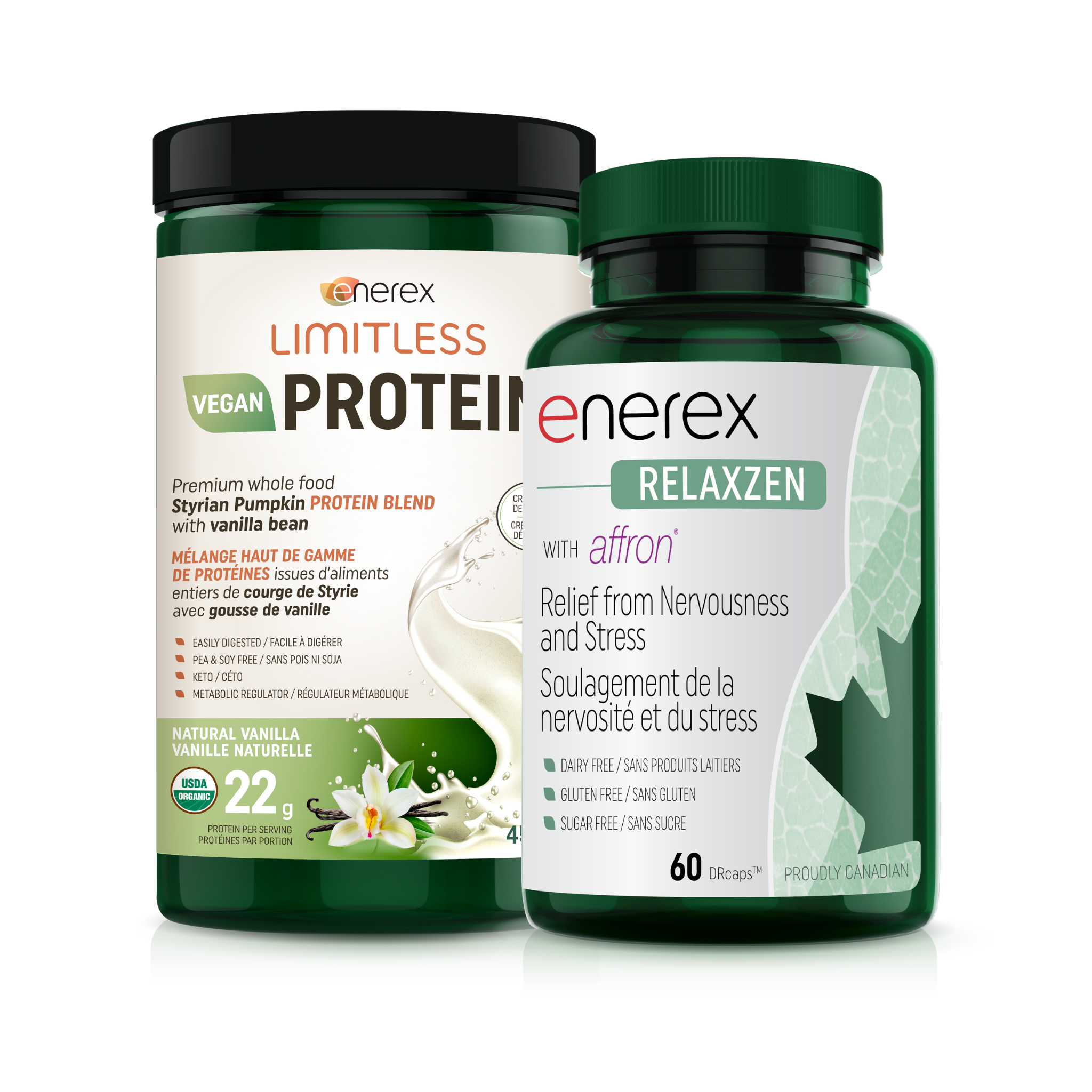
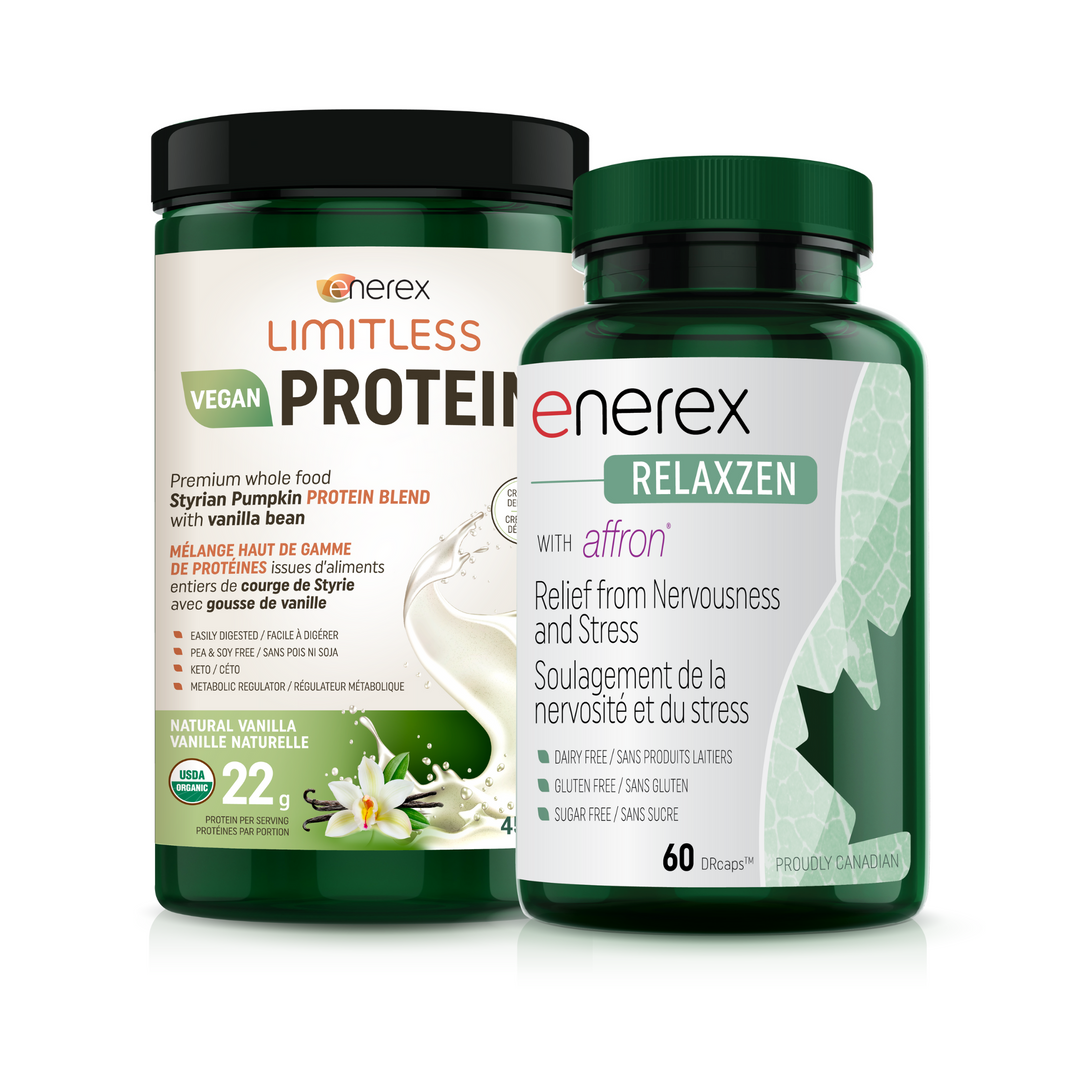
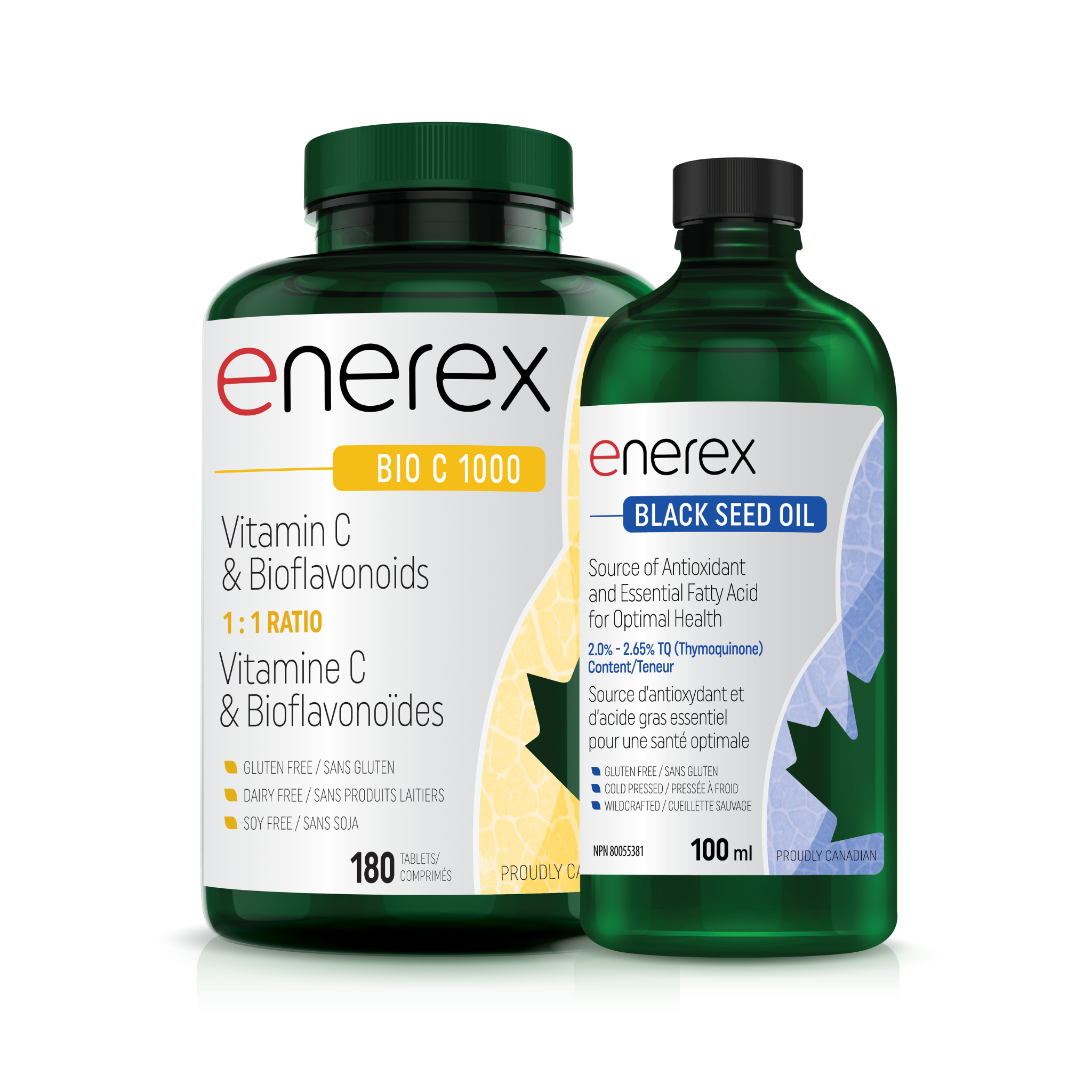
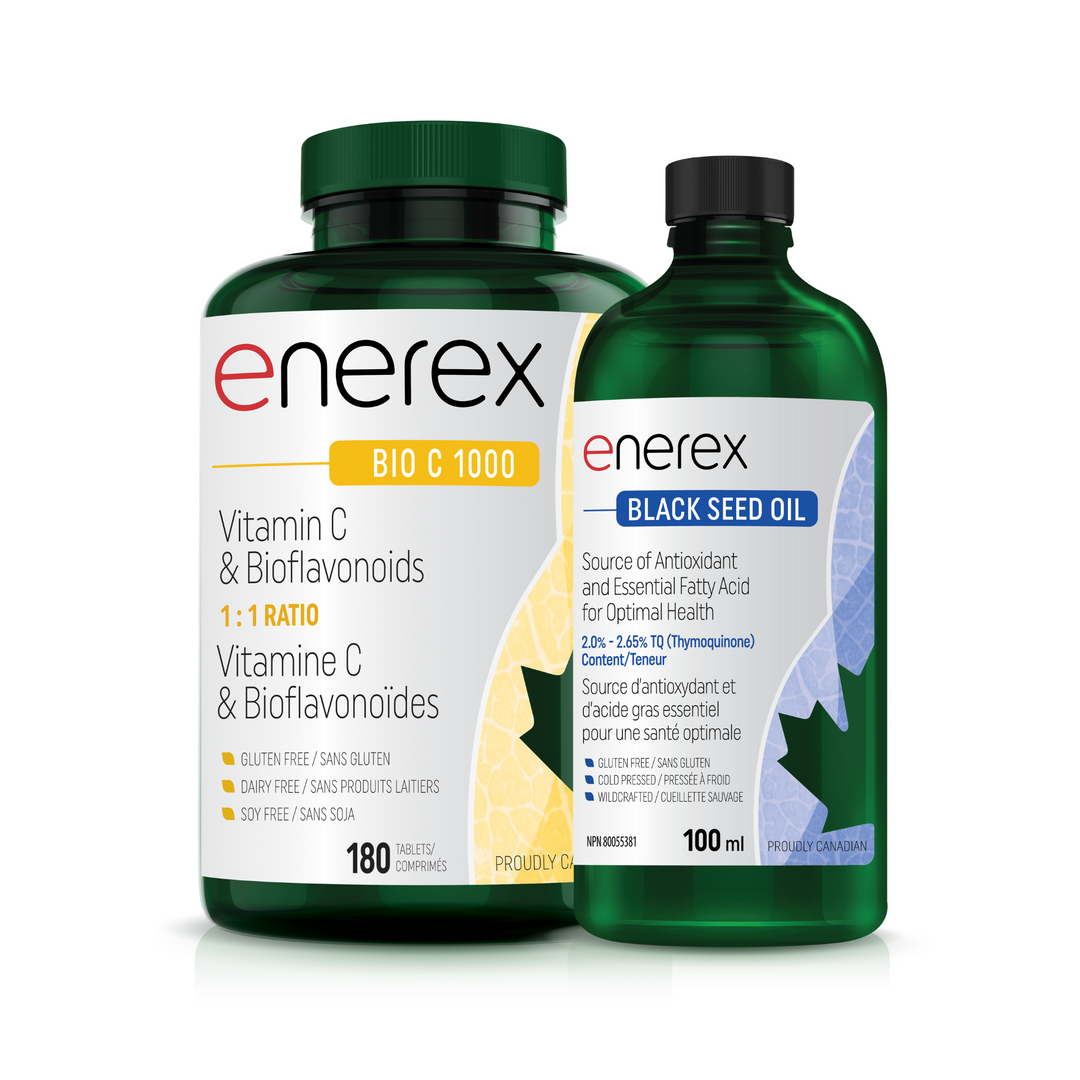
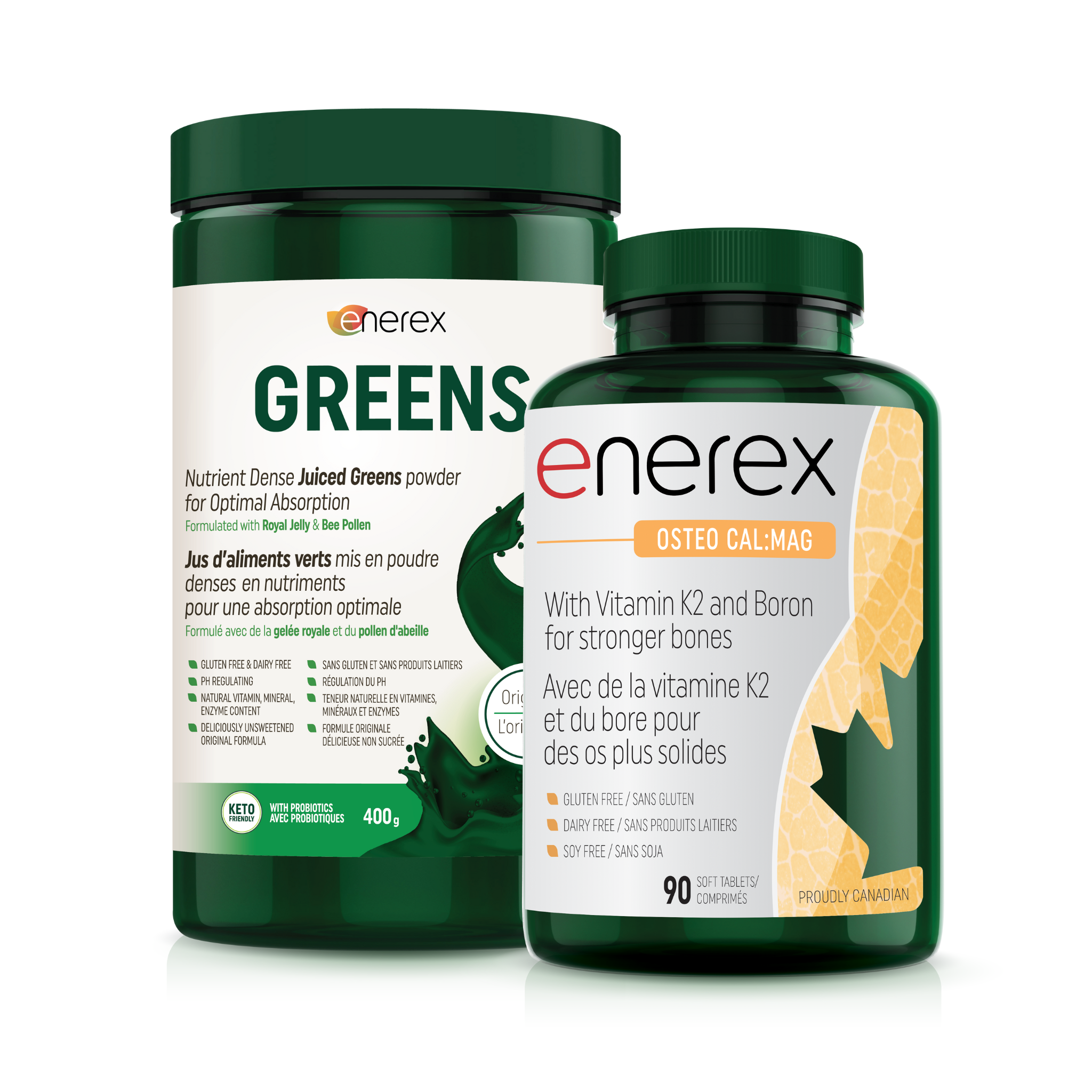
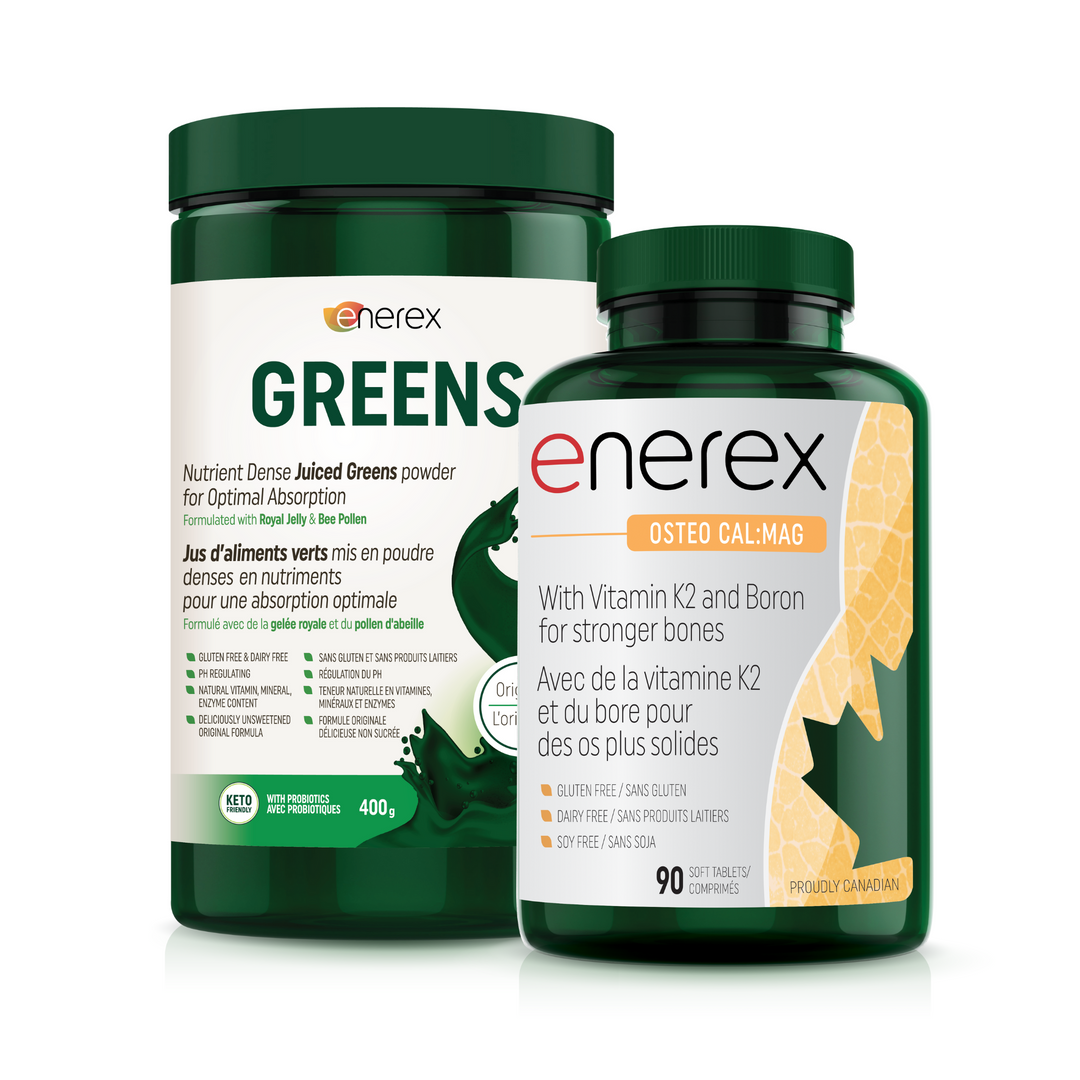
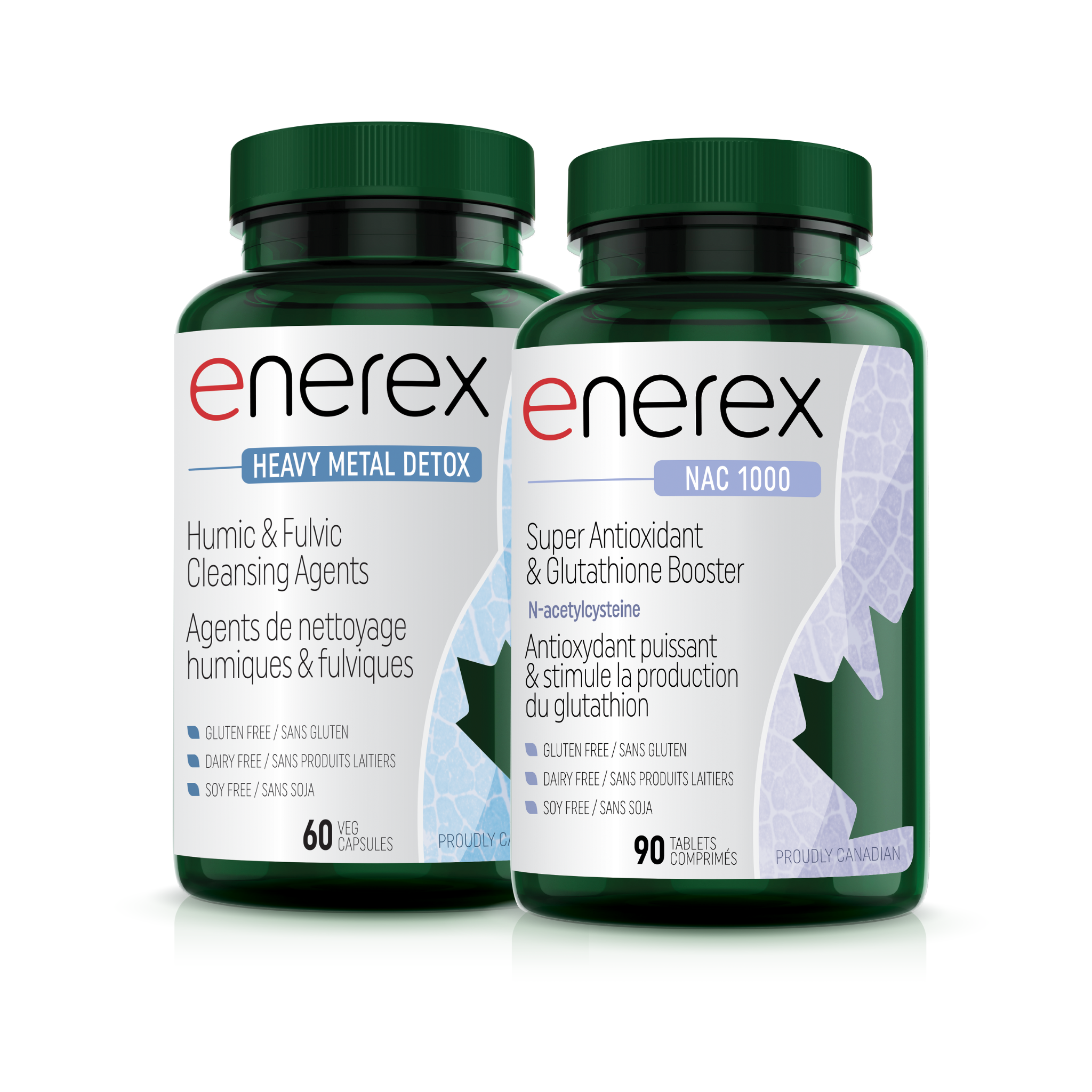
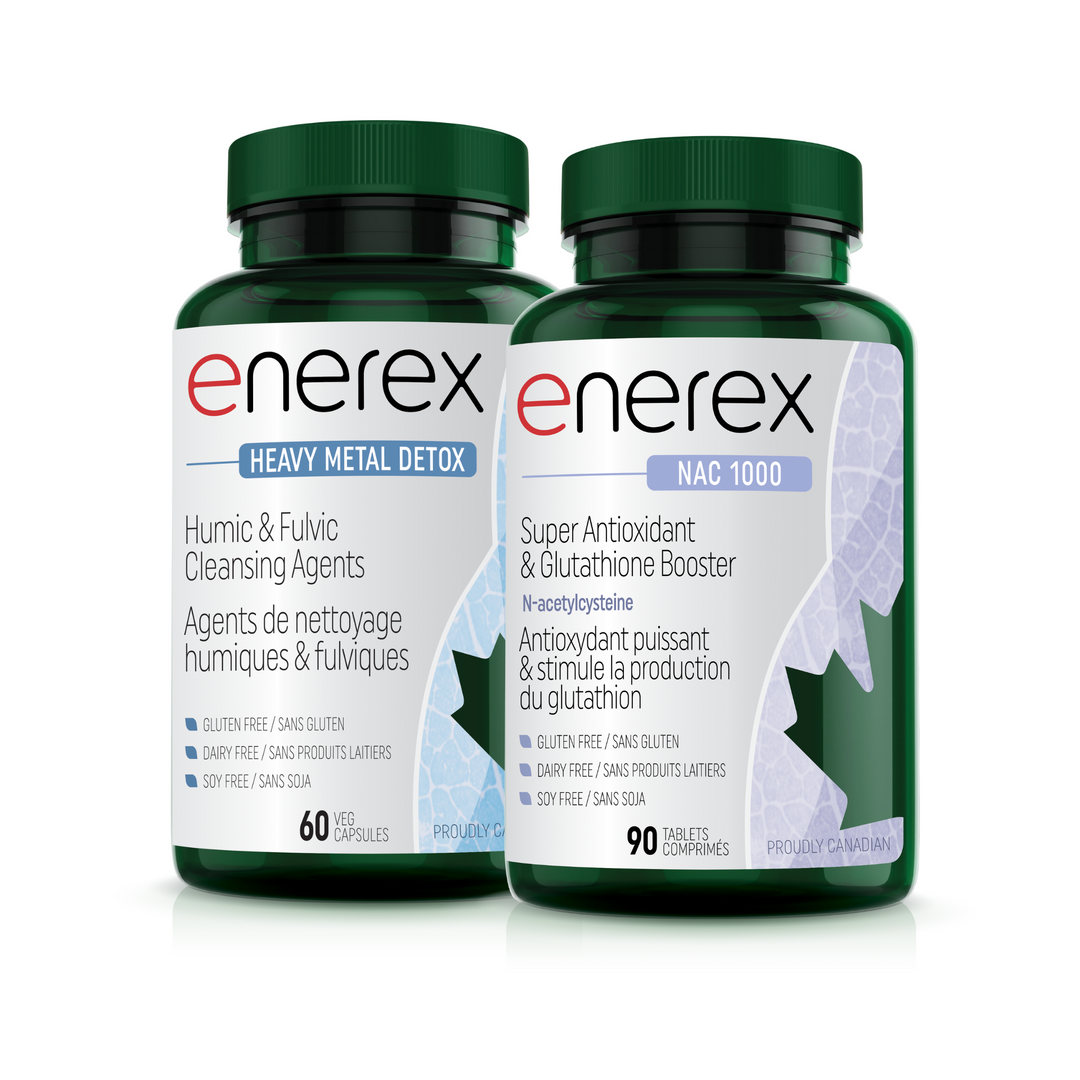
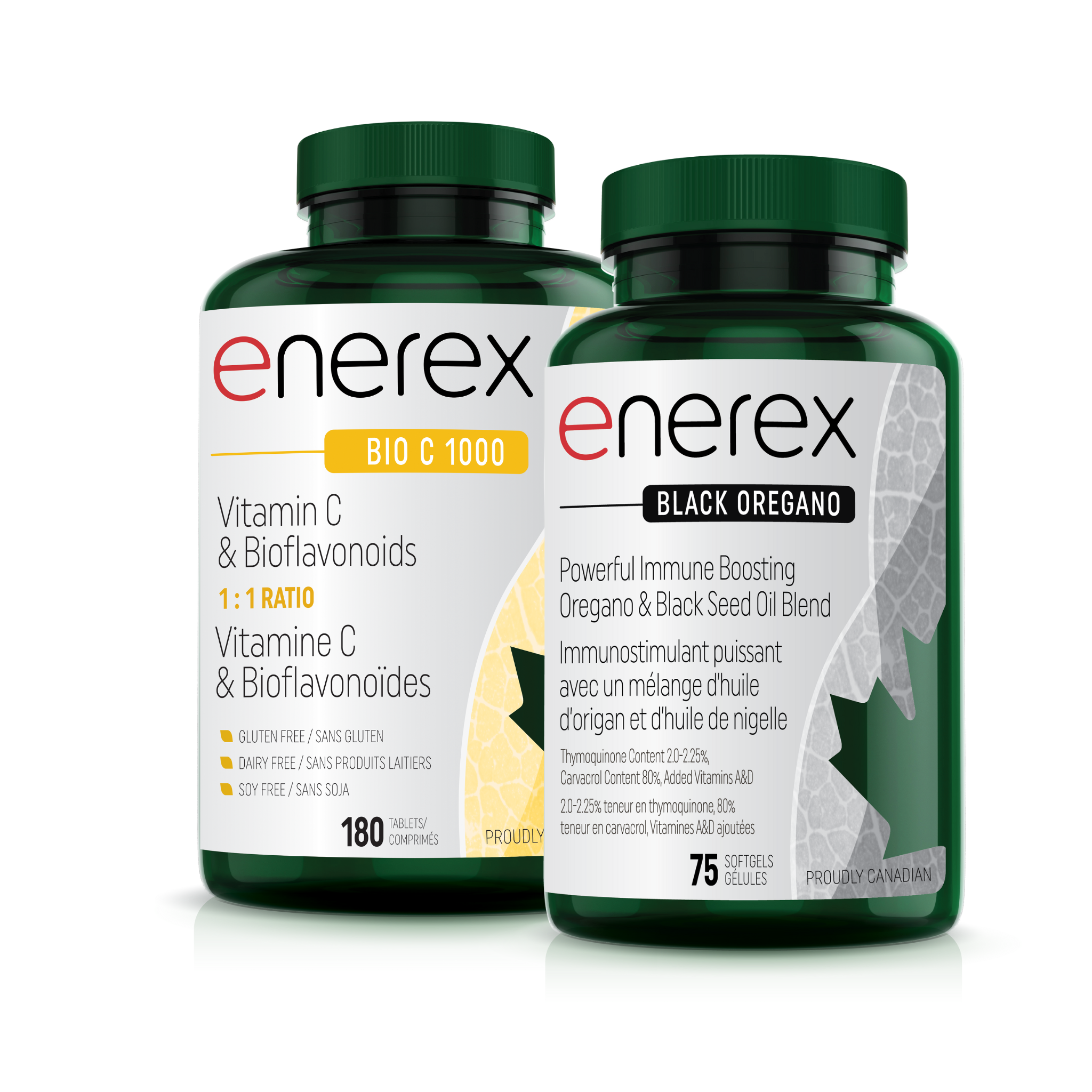
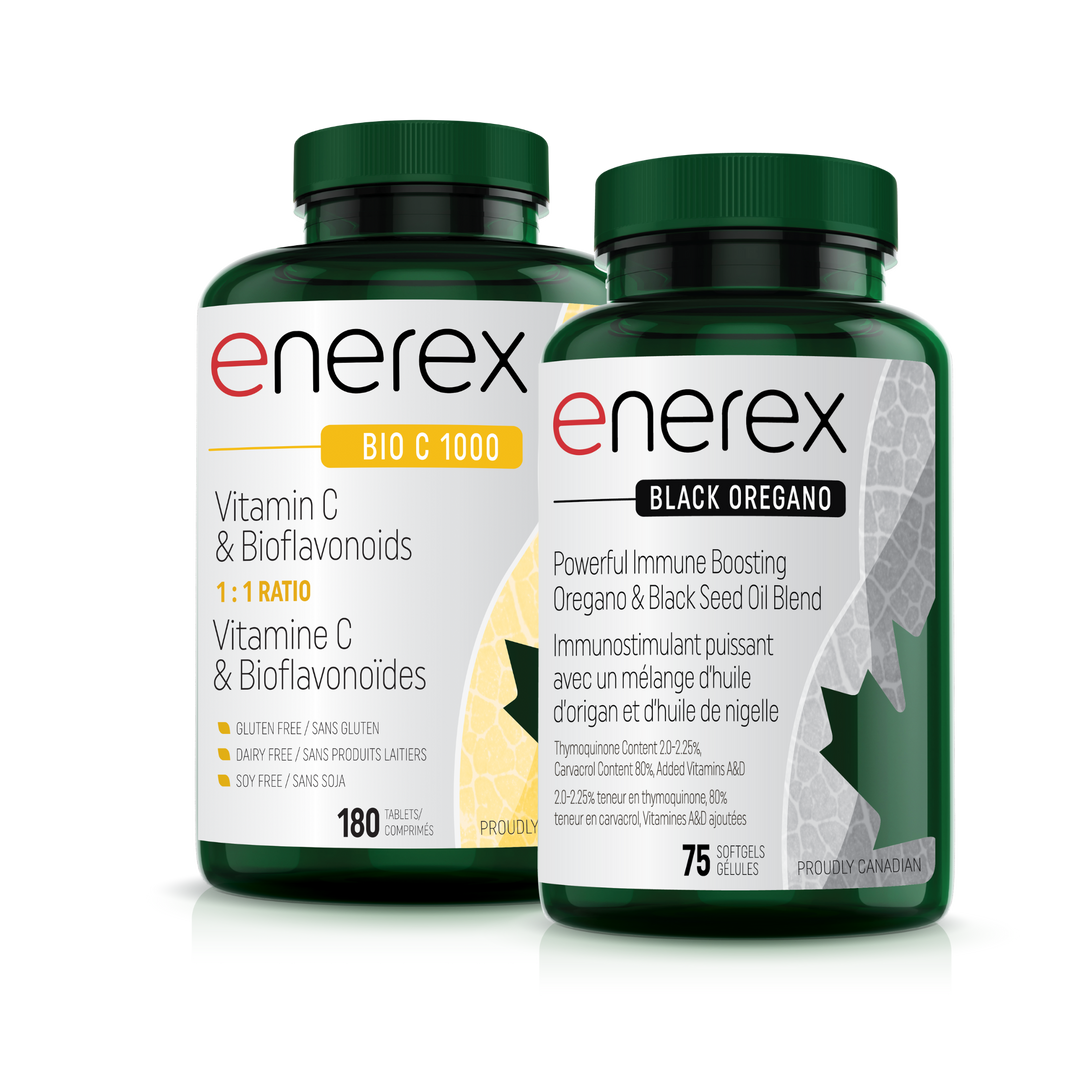
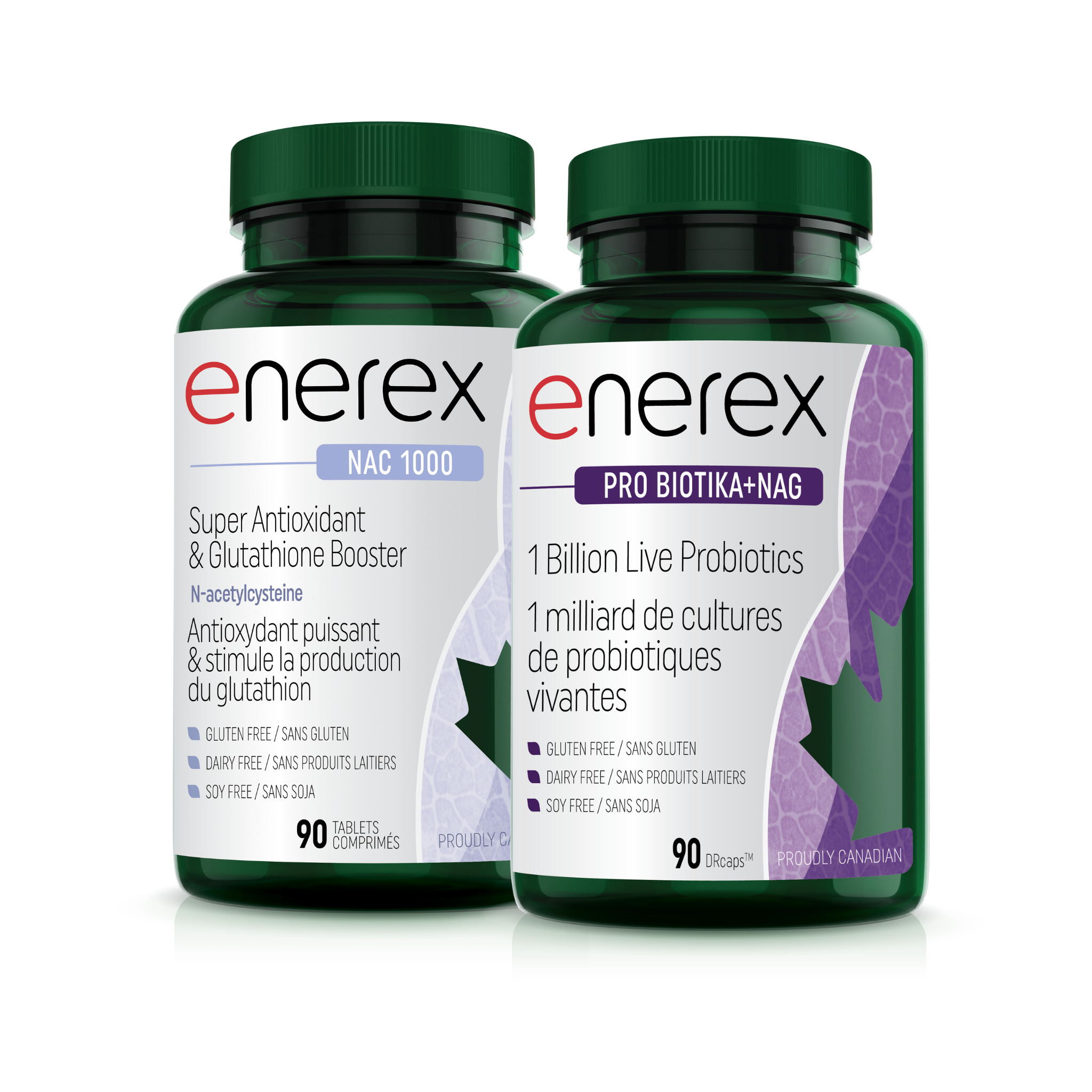
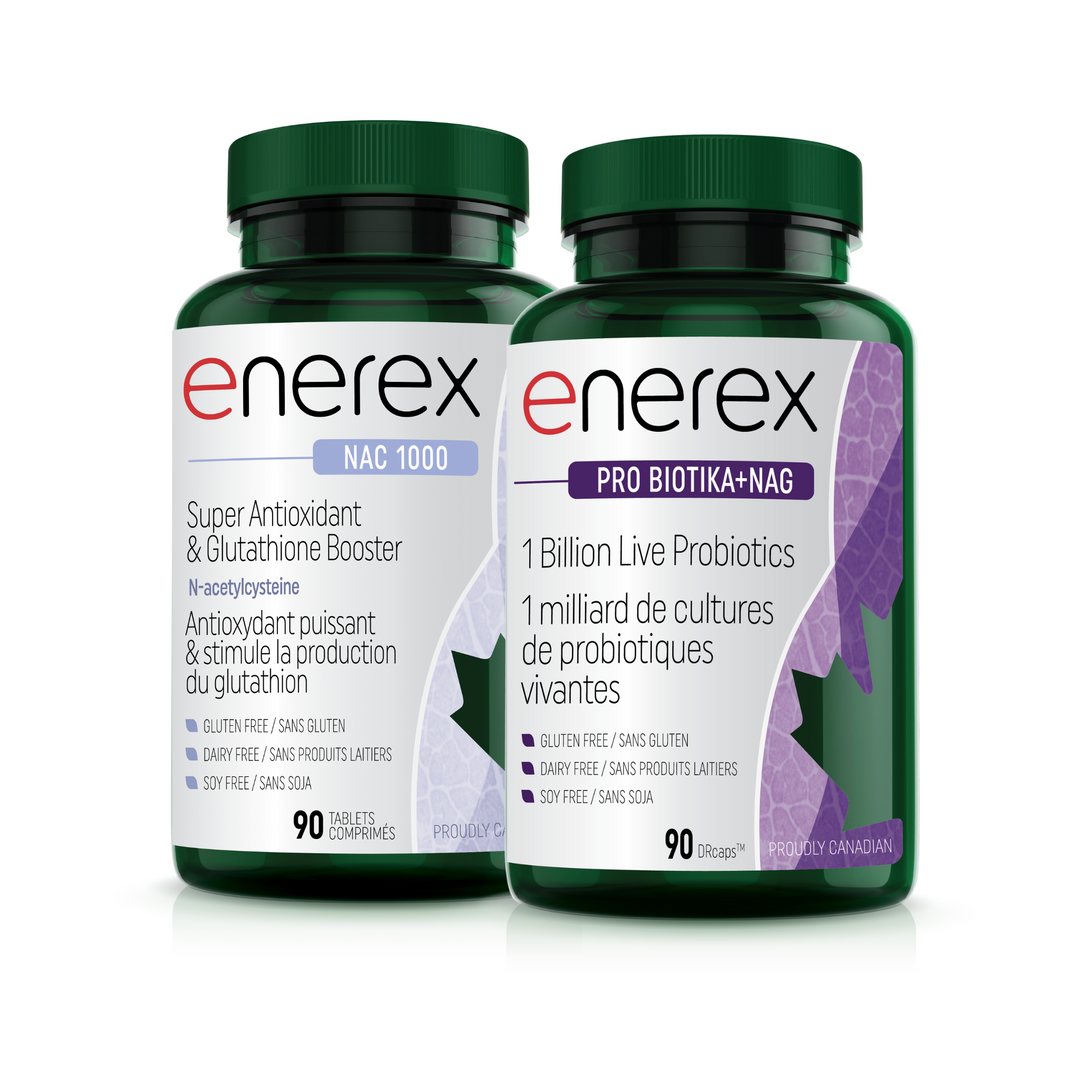
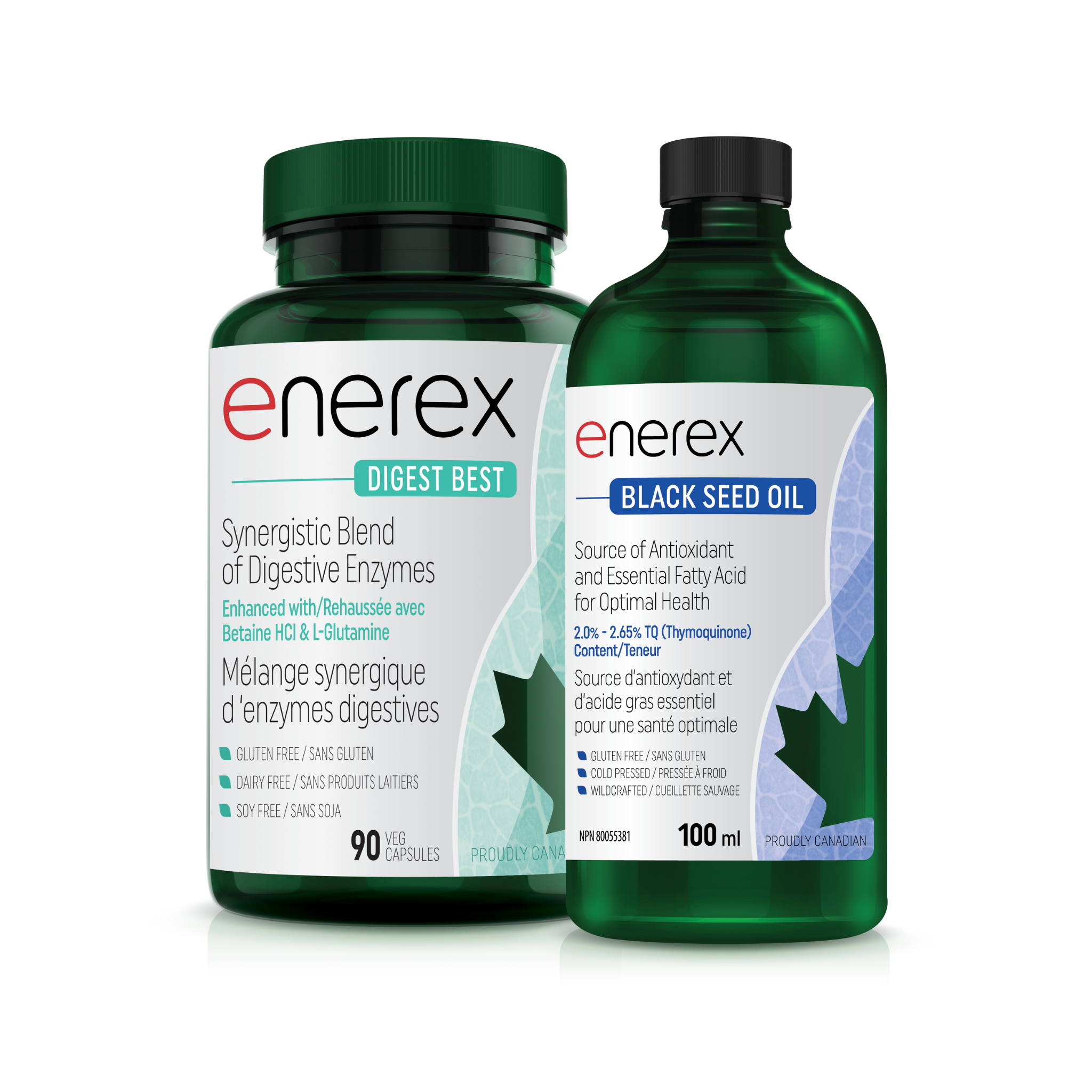
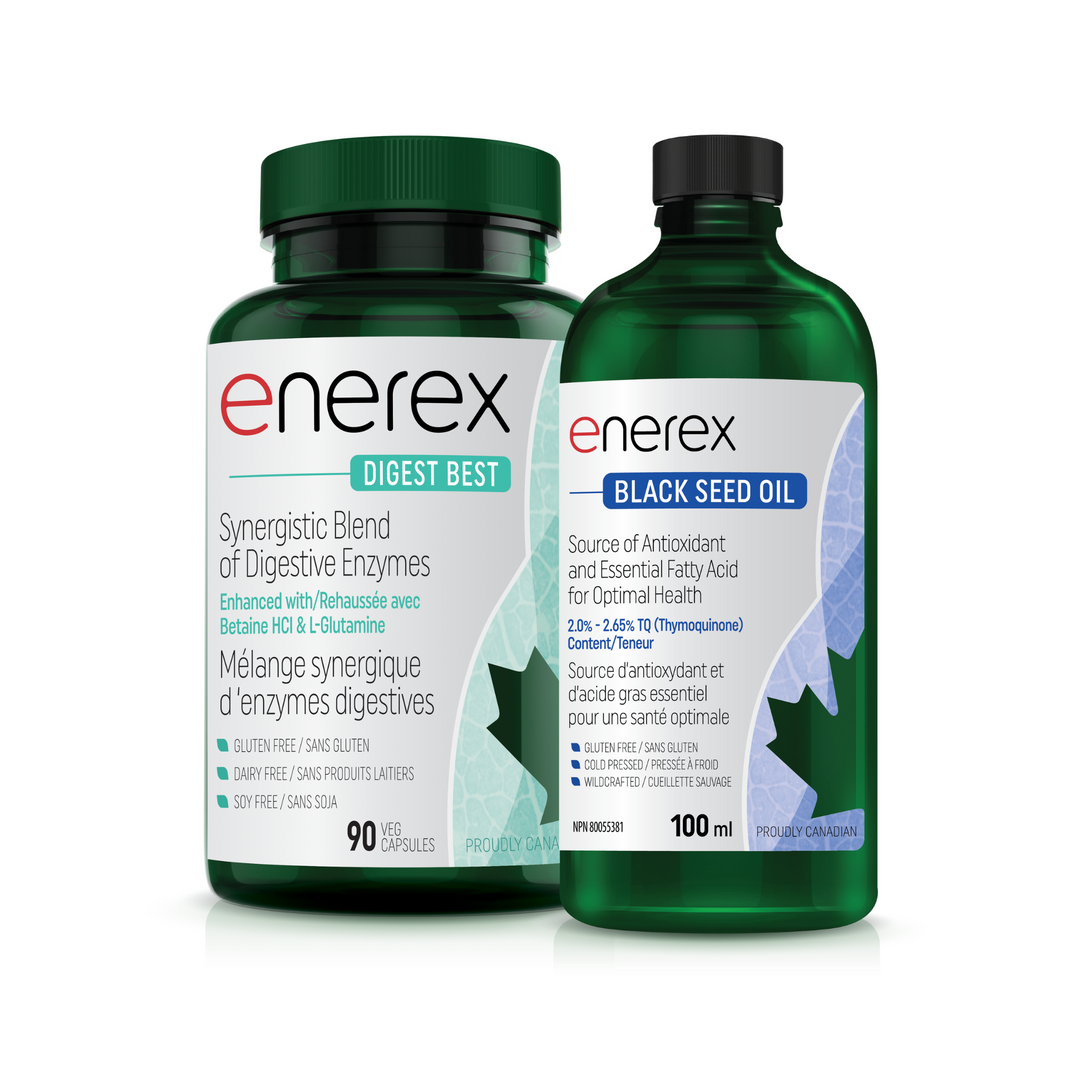
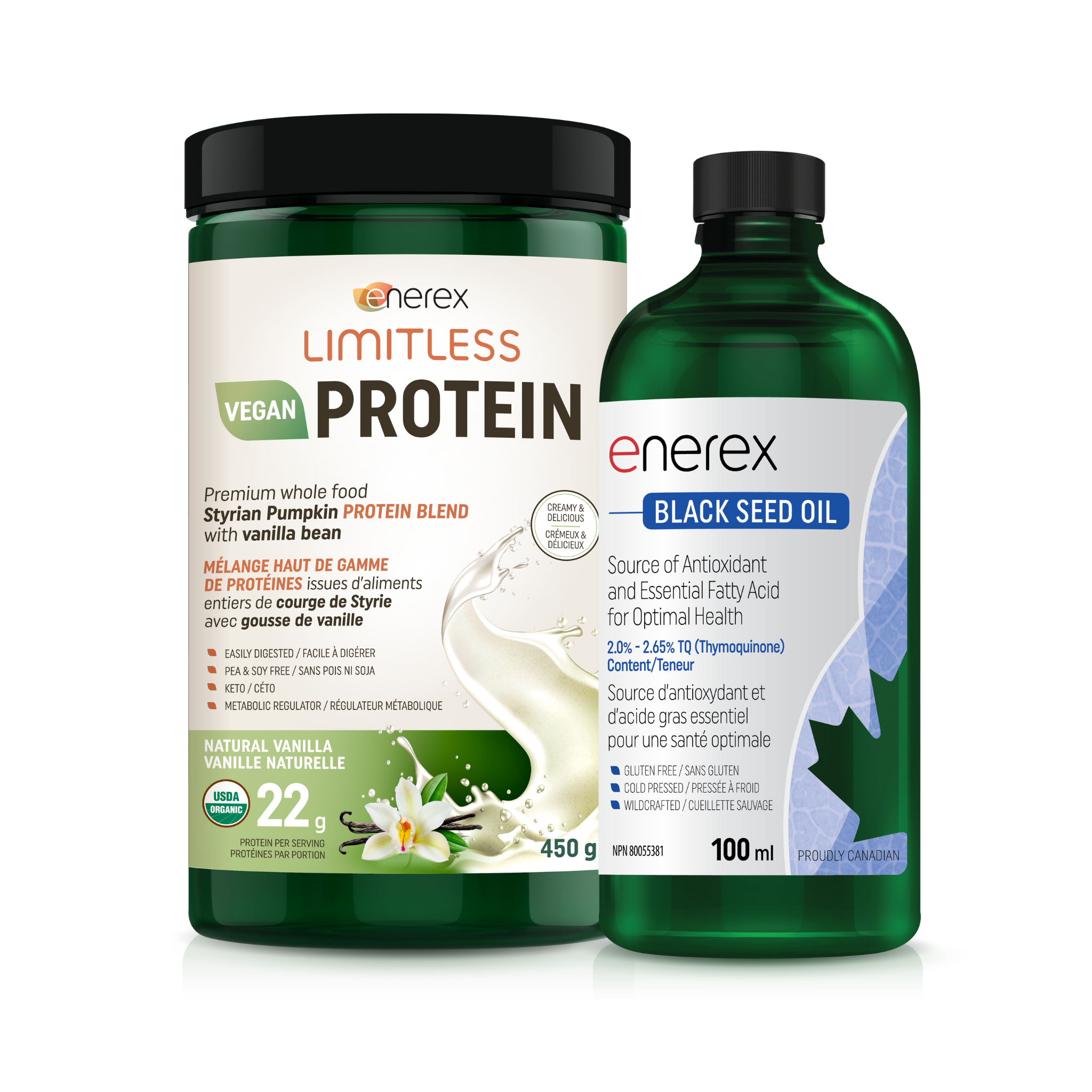
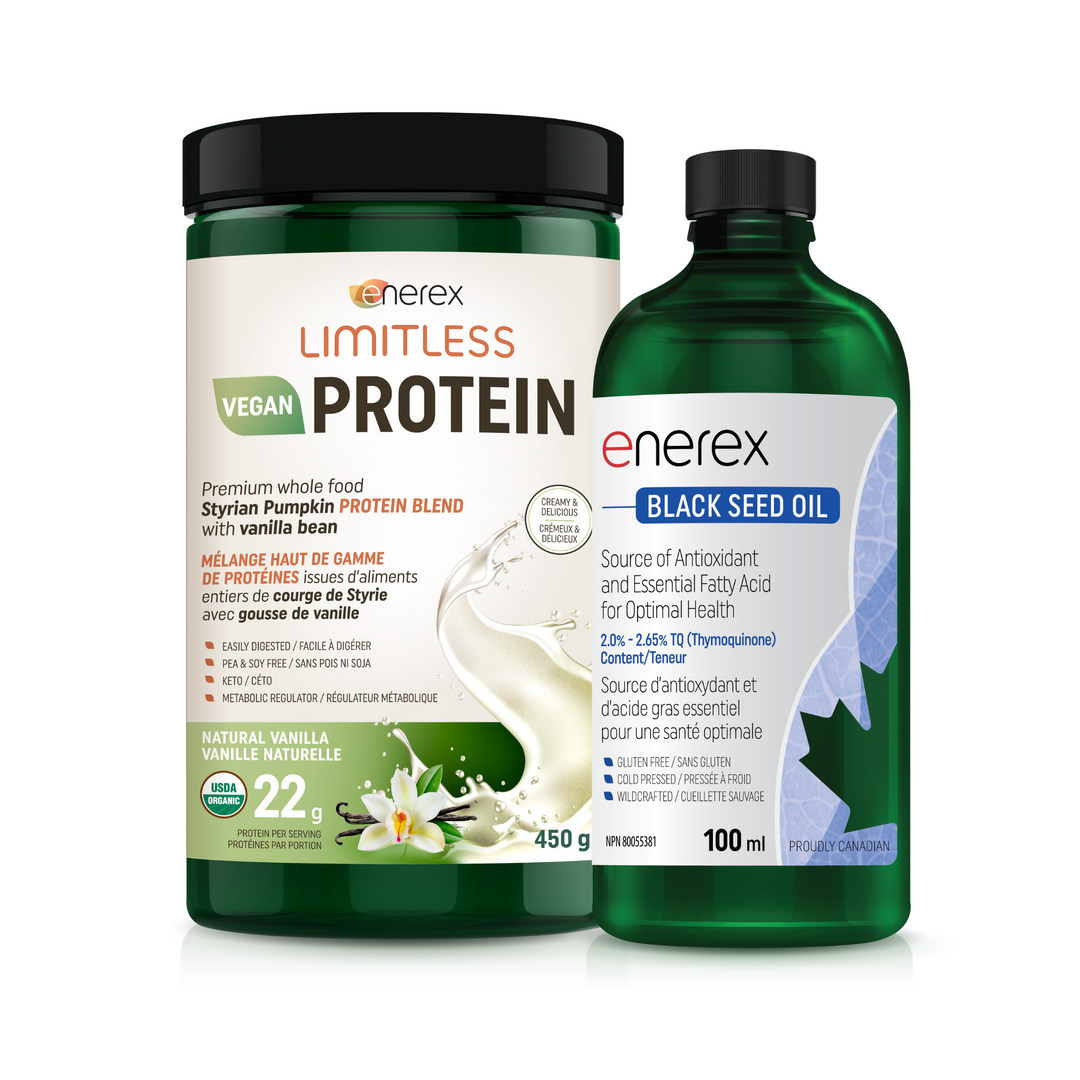
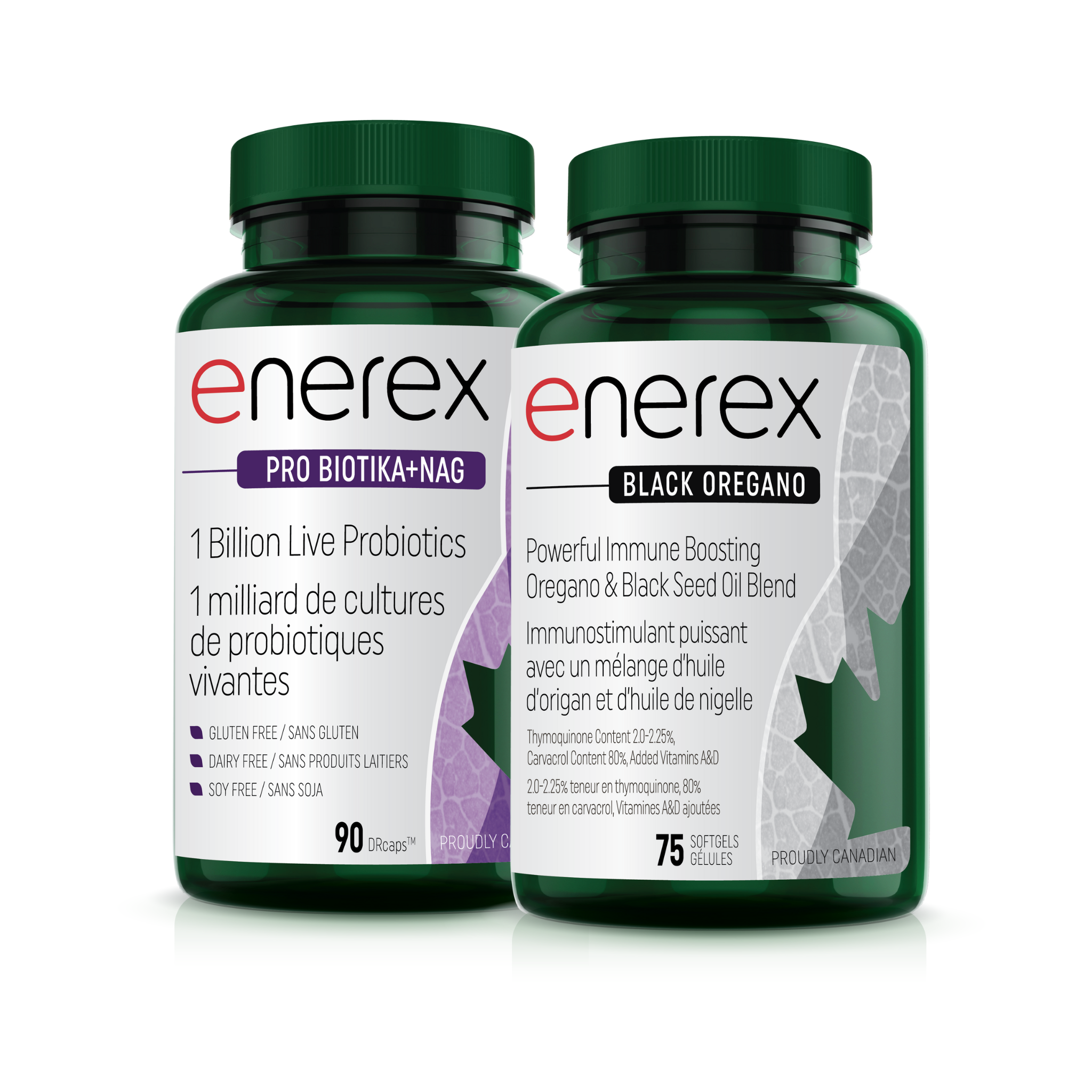
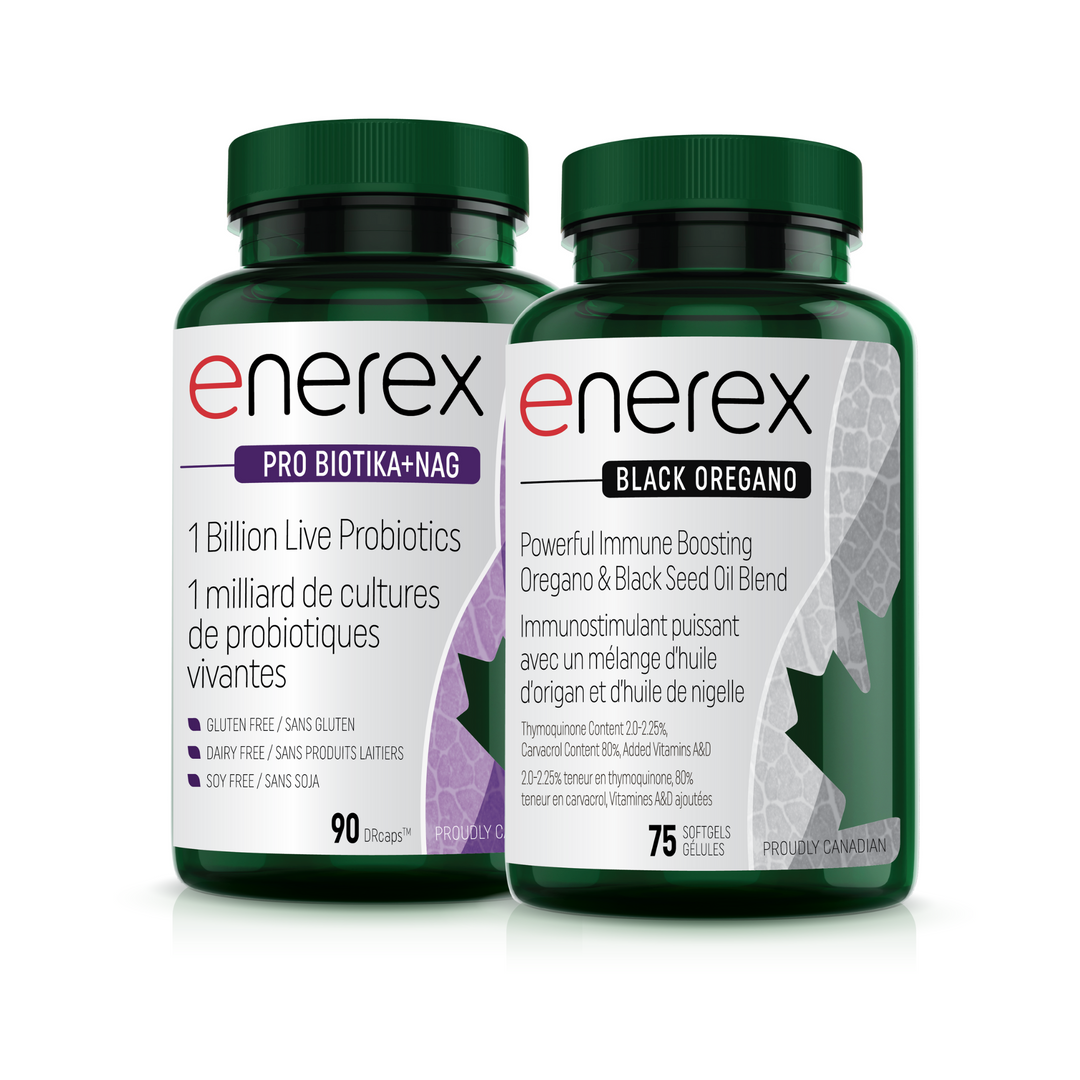
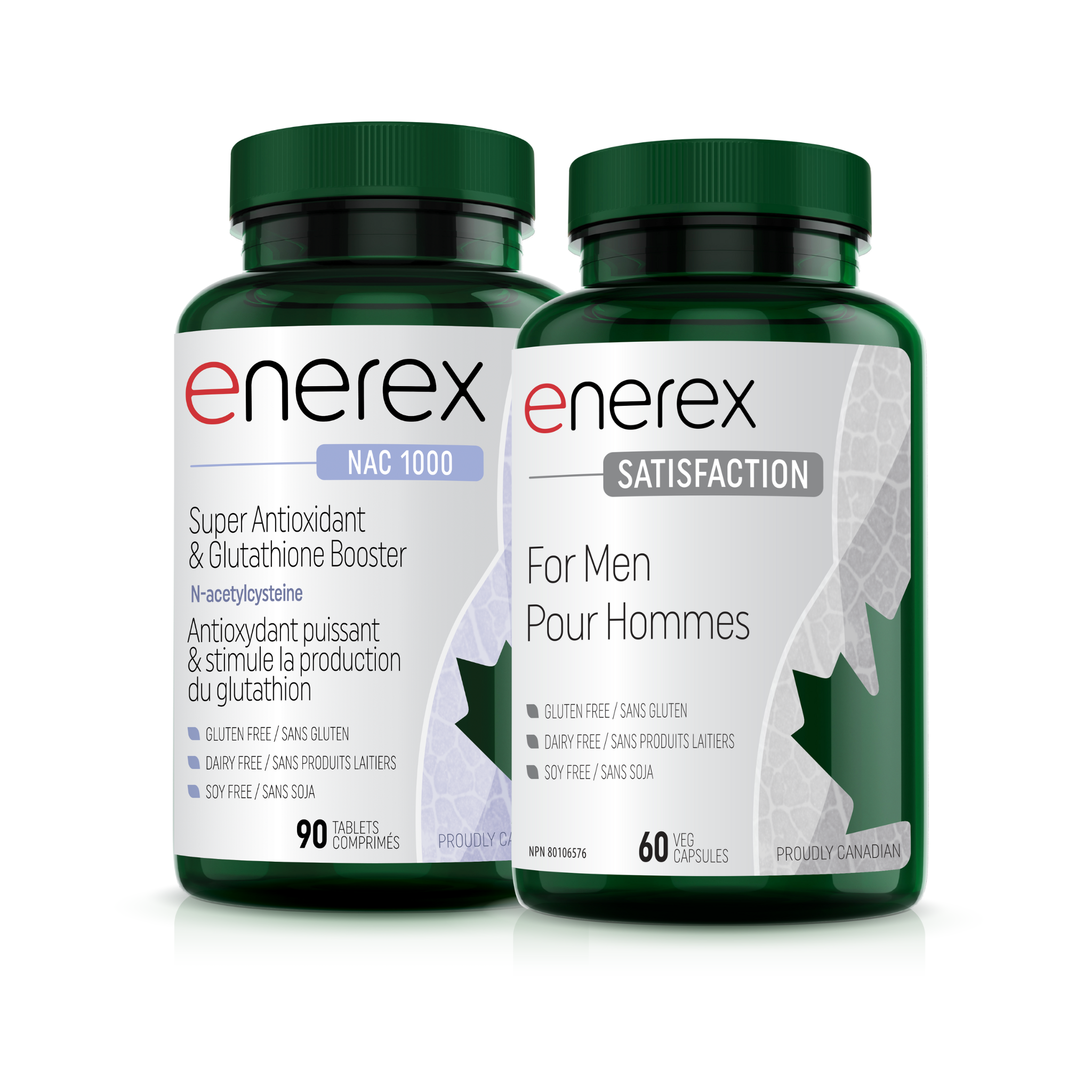
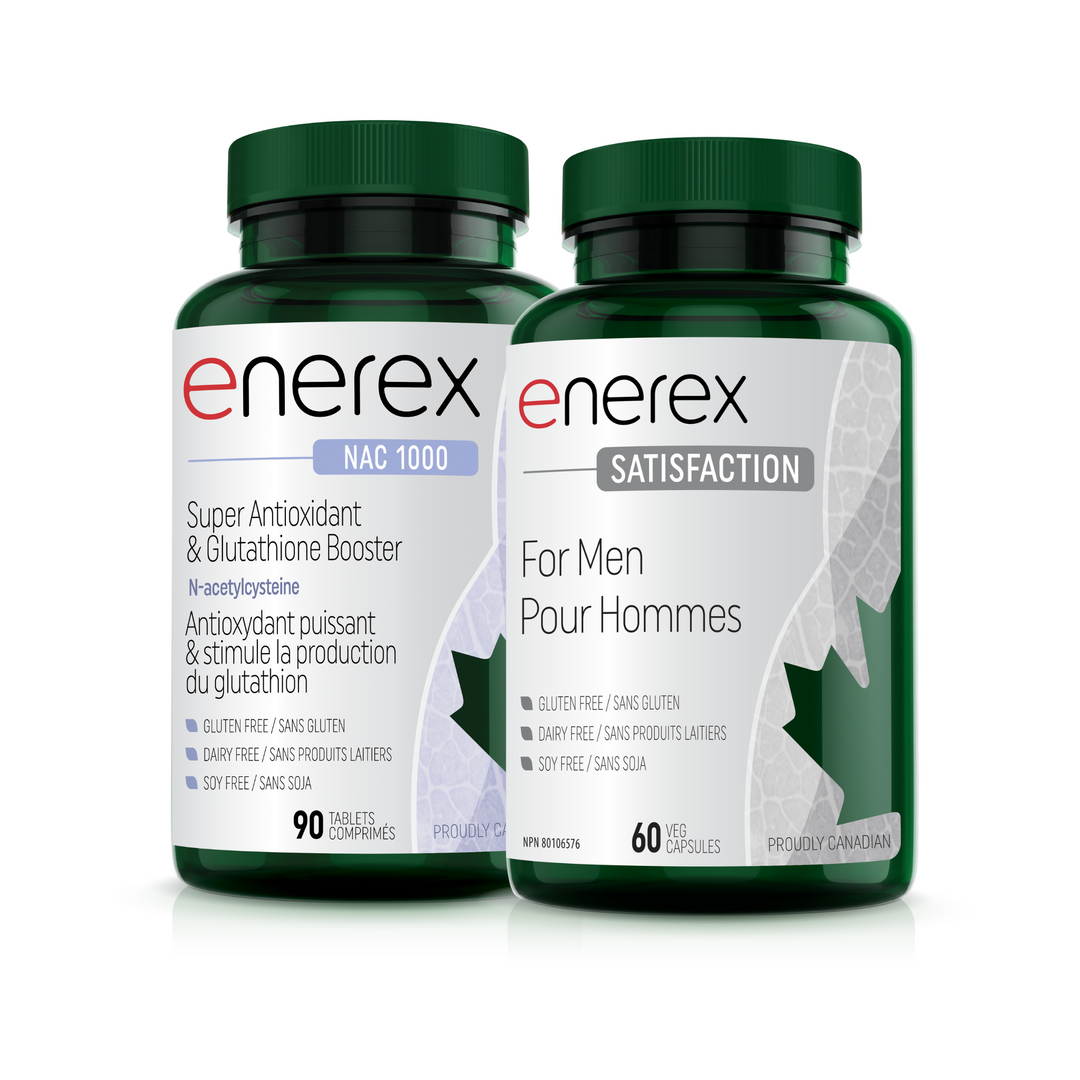
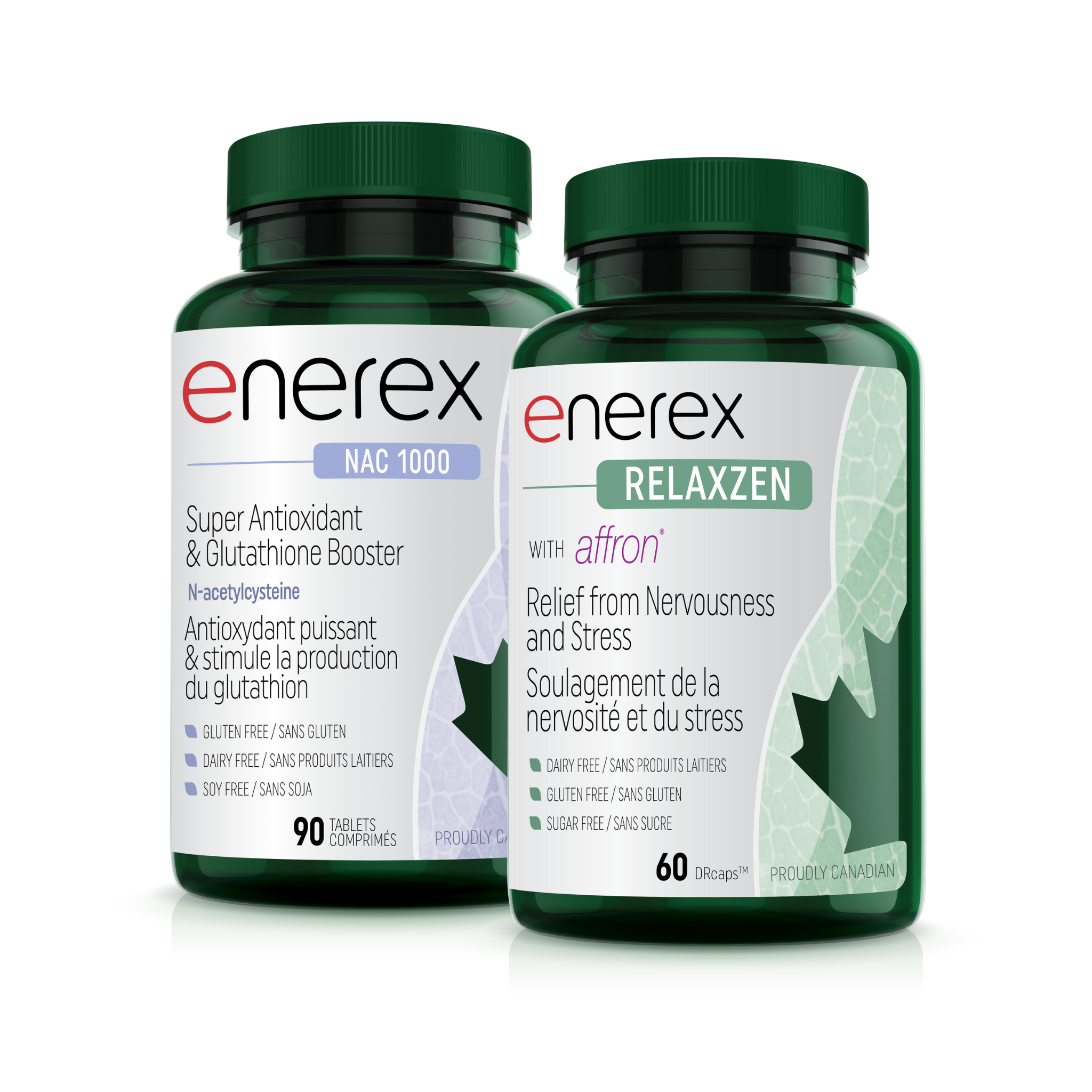
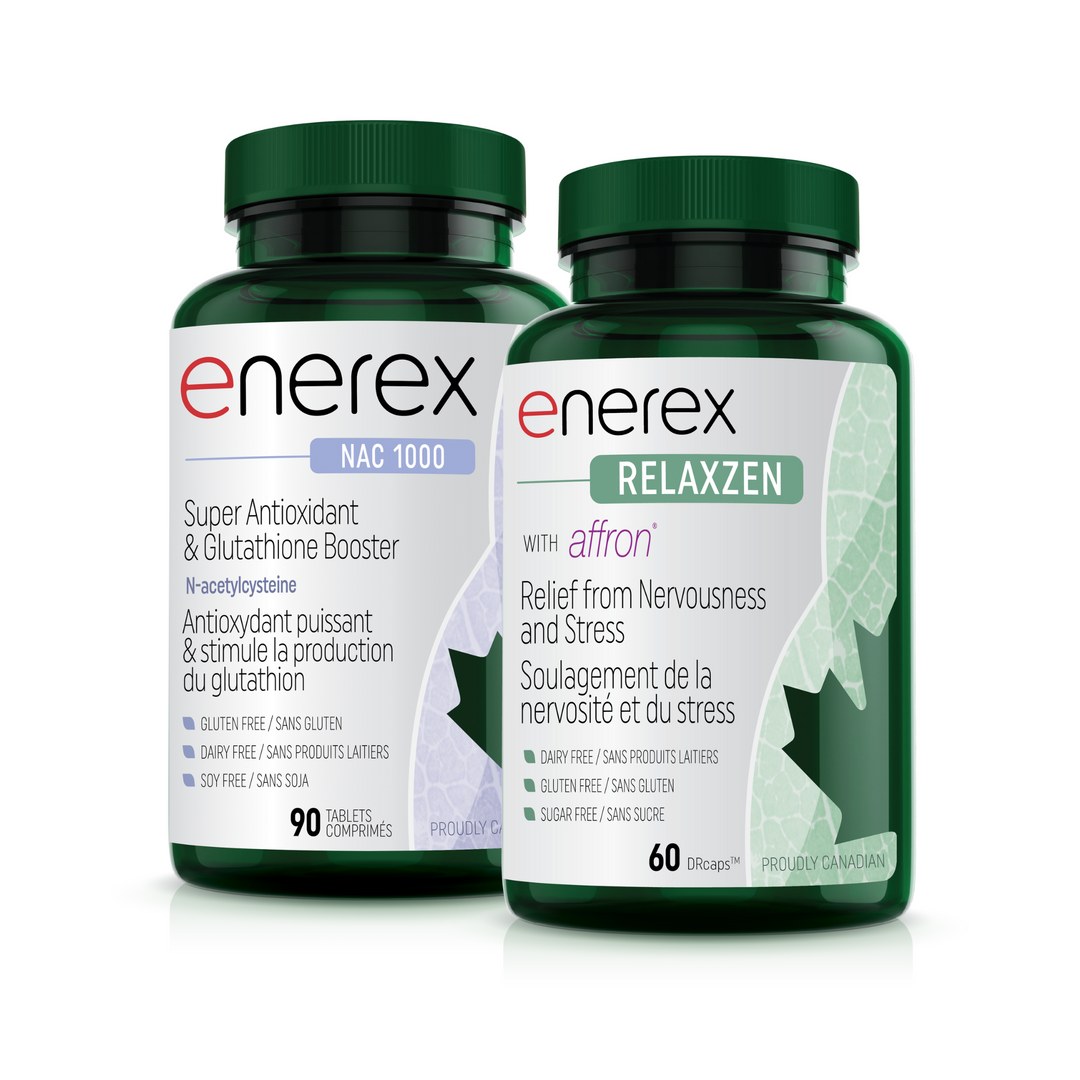
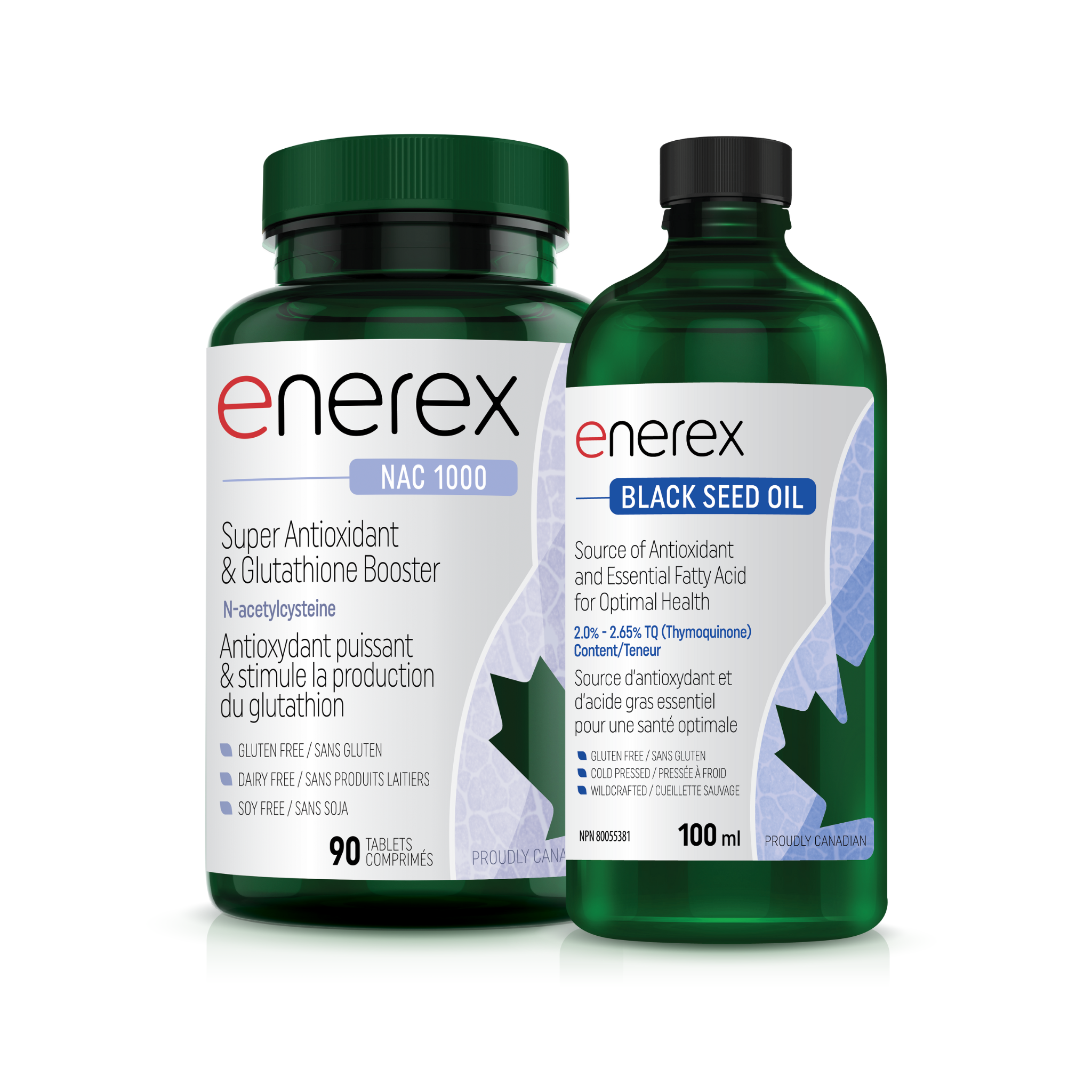
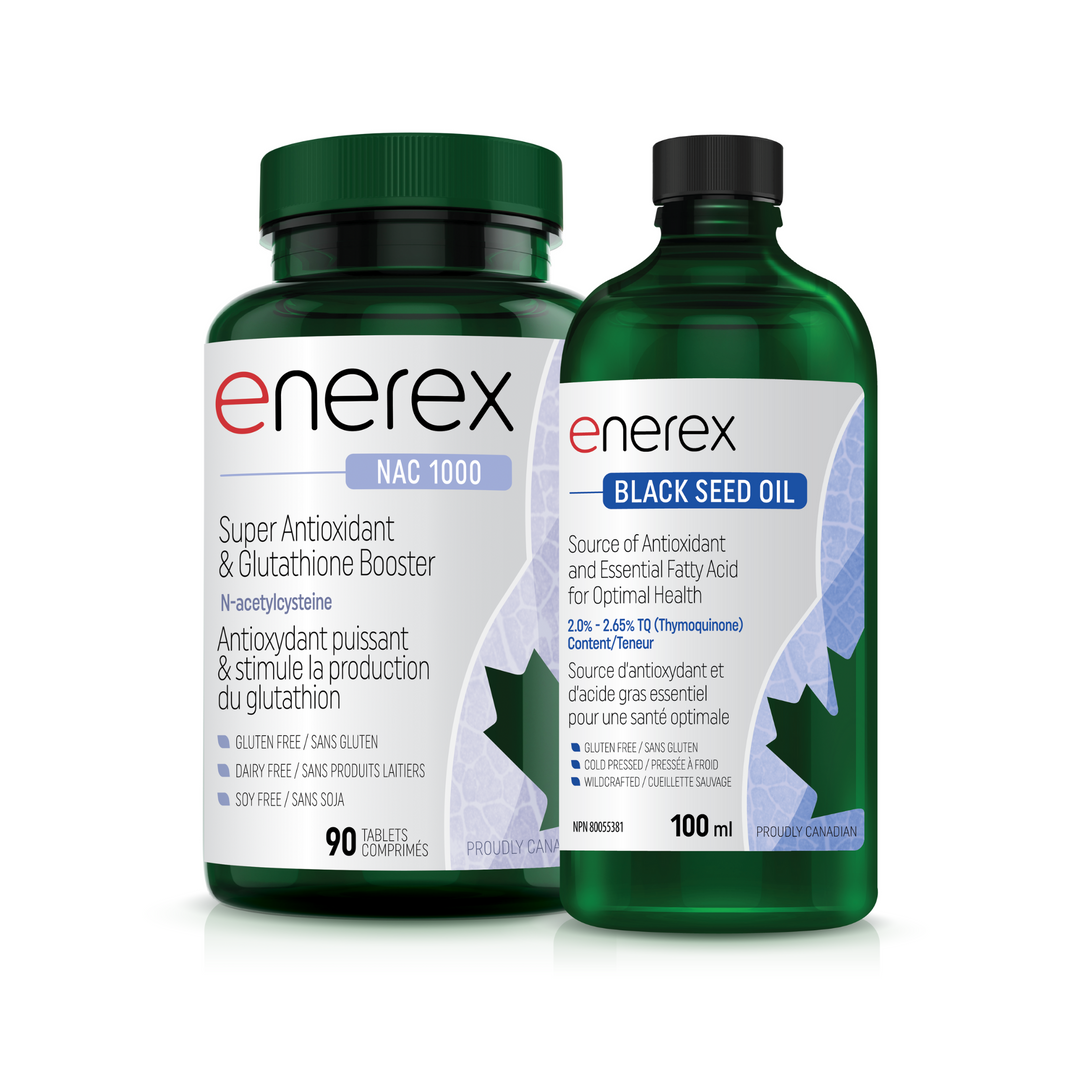
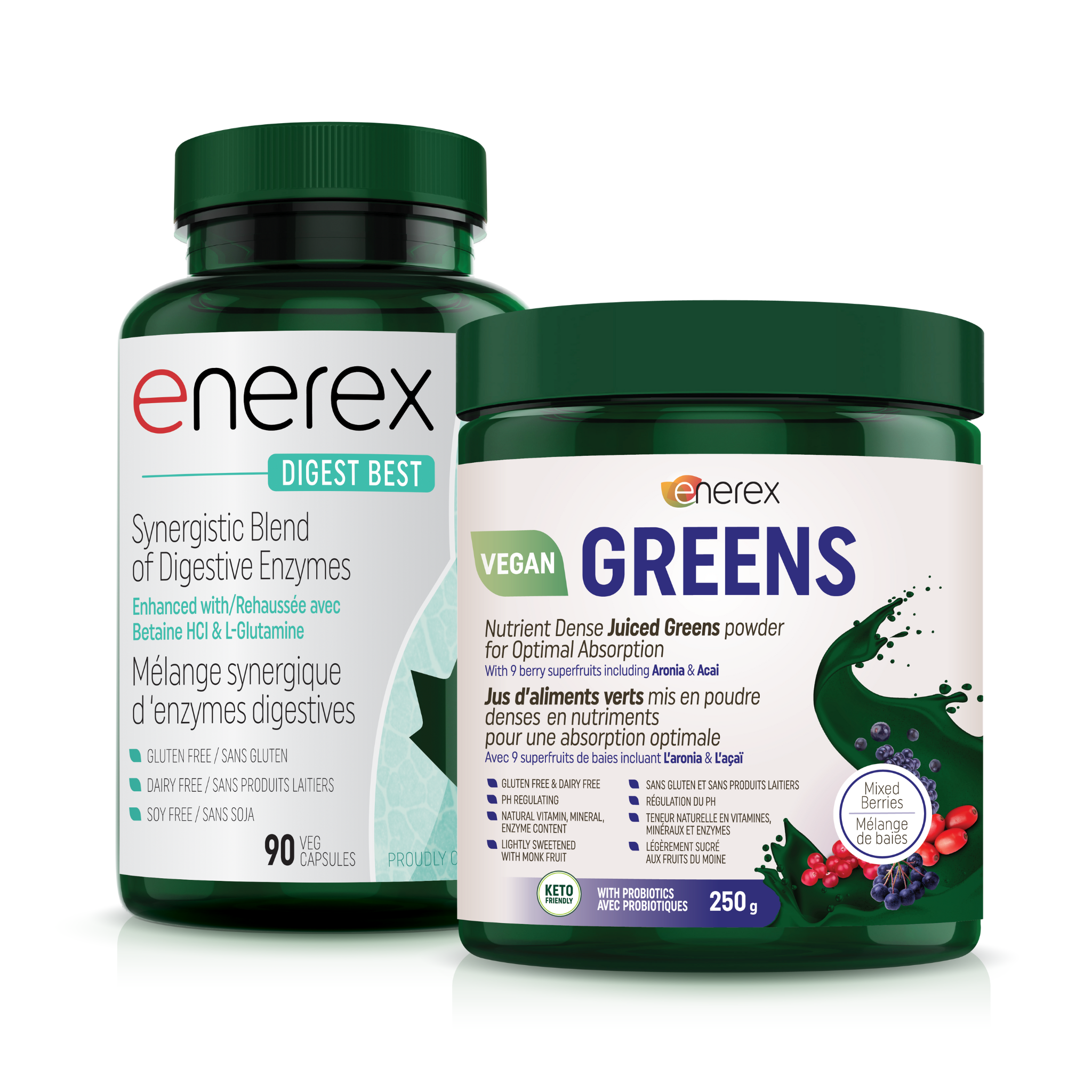
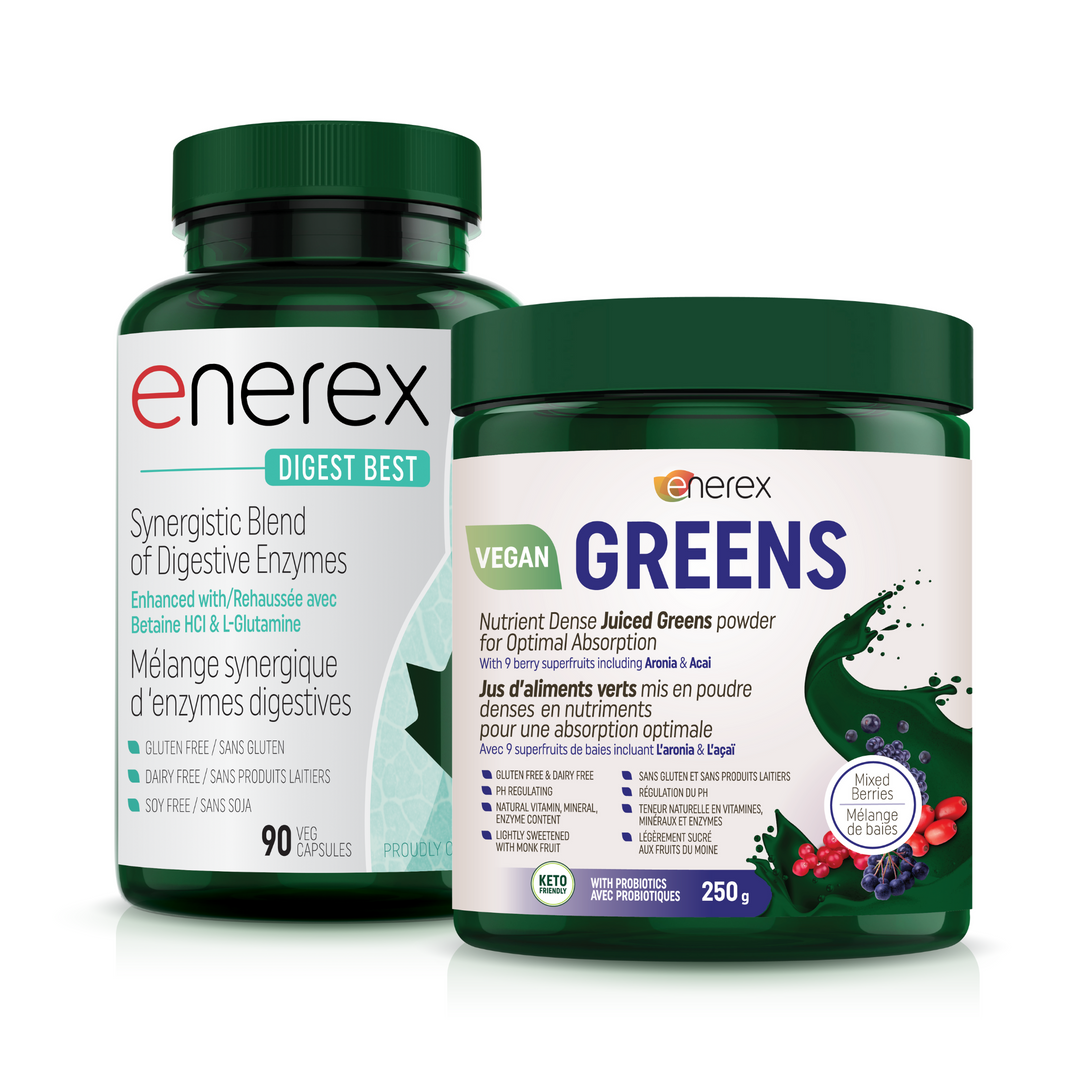
Leave a comment